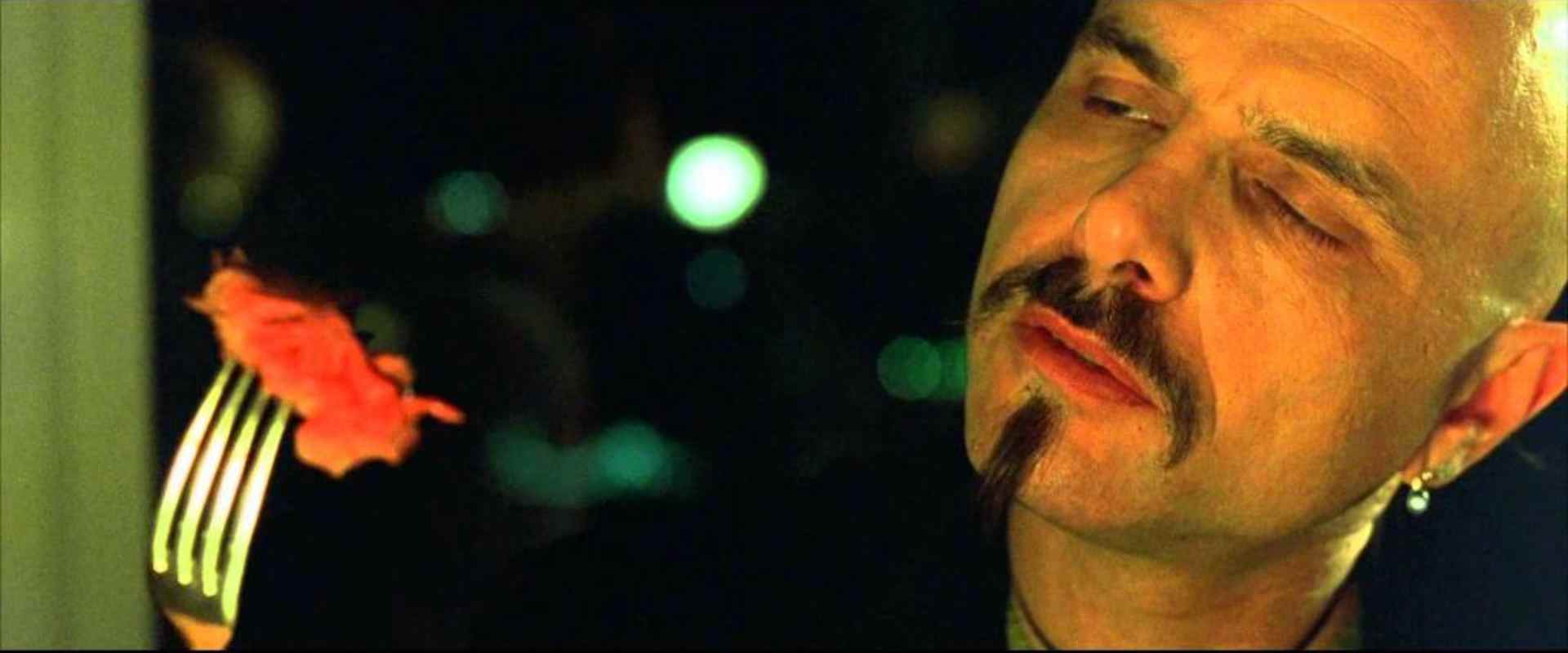In a recent conversation over coffee with my friend Andreas, we talked about a particular health related experience of his father, Tomas, an accomplished oncologist who lives and works in Athens.
Tomas had to undergo a fairly standard operation after having received an early diagnosis of a pre-cancerous thyroid condition. What had struck me in particular however, was how his own extensive medical knowledge as an oncologist impacted his level of stress negatively rather than positively.
Typically, we tend to assume that knowledge and mastery over a given matter can help ameliorate anxiety, but for Tomas, knowing the intricate details of similar cases, some with positive outcomes and yet others with fatal endings, amplified his anxiety. This compelling real-life scenario led me to reflect on the complex relationship between knowledge and ignorance.
In my recent book, I explore various instances where not more but actually less knowledge might actually benefit our mental and emotional health. One example is the choice to avoid unnecessary gossip. Engaging in or even passively listening to gossip can often lead to unnecessary stress and negative emotions. By choosing to stay away from such conversations, we spare ourselves the mental clutter and potential emotional turmoil.
Another example is the decision to refrain from overly investigating complex issues that are beyond our control. Often, delving too deep into such matters can lead to feelings of helplessness and anxiety. By consciously choosing not to over-engage, we maintain a healthier state of mind.
Or consider a friend who realised that constantly monitoring her teenage daughter’s mobile phone was straining their relationship. By choosing to step back and trust her daughter, she not only reduced her own stress but also improved their relationship.
These examples from everyday life illustrate the paradoxical nature of knowledge and ignorance. While knowledge can be empowering and provide a sense of control, there are times when choosing ignorance, or more precisely, selective knowledge, can lead to greater peace and well-being. This catch-22, as I discuss in my book, indicates that being aware of the benefits of ignorance is in itself a form of knowledge.
You cannot unsee what you saw. And you cannot unlearn what you get to know, especially when it is of such intense or terrifying nature as to become strongly impressed into your psyche. Just think of soldiers who develop post-traumatic stress disorder merely as a consequence of witnessing gruesome acts of violence or emergency responders dealing with the aftermath of catastrophic events. Additionally and as they say, curiosity killed the cat. It would seem reasonable to suggest that we should be careful to choose what to allow into our awareness and consciousness.
Concluding, the story of Tomas, coupled with the earlier examples, underscores the importance of finding a balance between knowledge and ignorance. It’s not about choosing one over the other but recognizing when each is beneficial. This balance is key to navigating life’s complexities, enhancing our happiness, and maintaining our mental health.
Be well and as always I look forward to hearing from you!
Philippos
PS1: The iconic scene in The Matrix where Joe Pantoliano’s character Cypher bites into a succulent piece steak while uttering ‘ignorance is bliss’ stands the test of time. Cypher has made a deal with the machines to live in the virtual world, erasing his memory of the real world and the painful truth that humanity is enslaved by the machines. The truth is a burden too heavy for him to bear, making blissful ignorance an understandable desire…
PS2: For the opposite perspective on how knowledge can be an empowering tool against fear, refer to “Learning as an Antidote to Fear“.
PS3: For a deeper exploration of these themes, consider reading the 2nd Edition of my book “The MARVEL of Happiness” recently published.


